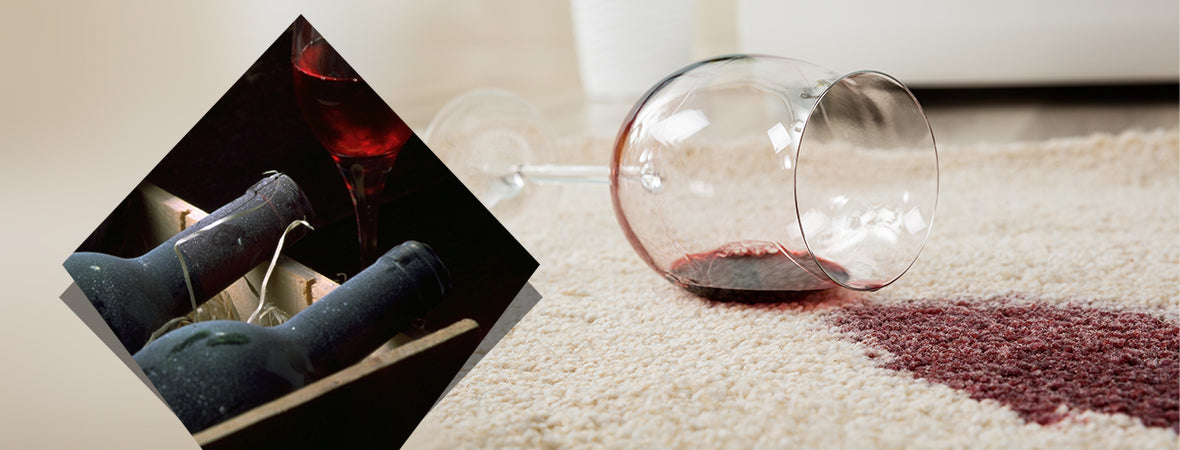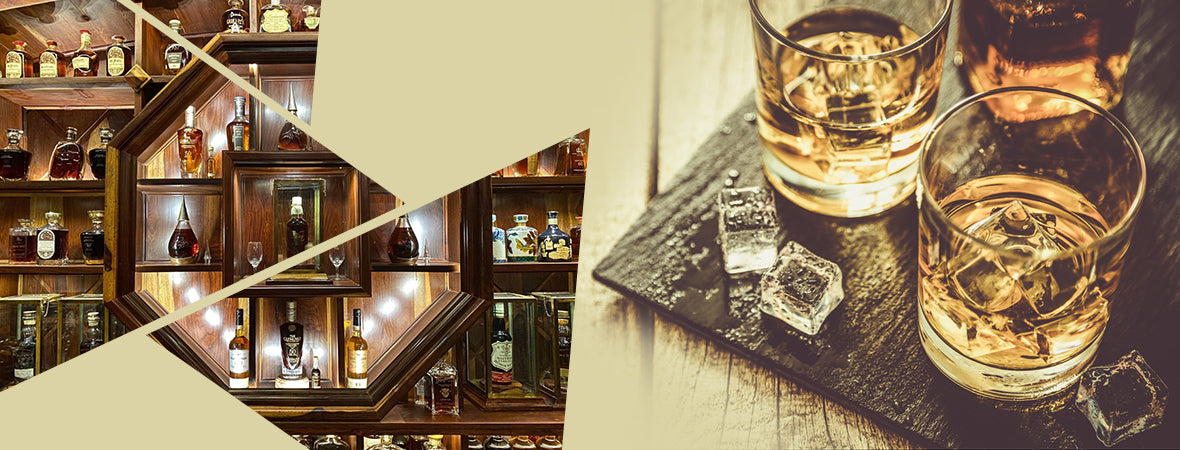Corked is a term applied to a bad wine from the cork. Usually noticeable from the undesirable smells or tastes from spoiled wine. Corked wine can happen to almost any bottle of wine.
The main cause is a chemical called trichloroanisole (TCA) and or tribromoanisole (TBA) which come from the cork itself. Resembling the smell of old newspapers, moldy wet dog and your old high school gym locker, it does have a recognizable smell. Although many say that this chemical is harmless to people, it can definitely ruin a good bottle of wine. They actually measured that there is a 7% occurrence of taint in wine corks.
The cause of this is a little complicated to explain but it mostly comes from the pesticides they spray on the trees that the corks are made from. The demand on corks are larger than supplies allow so they spray chemicals to prepare the corks faster and spray the cork trees with pesticides to protect the corks. There have been new improvements in the industry which include better screw caps that are more efficient than in previous days. Synthetic corks are another innovative invention that isn’t affected by TCA, or TCB.
Improvements in cork and screw cap technology brought about a debate as to what is better. Many sided to still use corks creating many reasons such as to support the cork industry to back their opinions. Many still associate expensive valuable wines with corks but the findings actually support screw caps. Since 2004 the screw caps have had a 0% failure rate and can also be recycled easily. In my opinion, I believe the aesthetics of romance of popping a cork and using a corkscrew makes drinking wine almost as a ritual event and it is hard to unscrew old habits.
Further reading: Winery vs Vineyard - What's the Difference?





